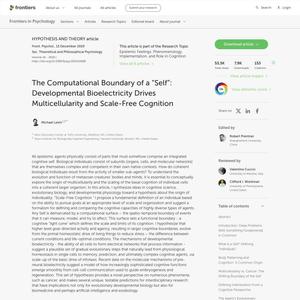

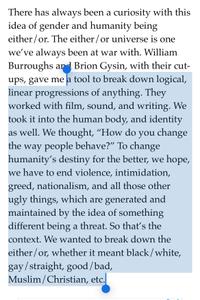


13 days ago

I’ve been thinking a lot lately about why the internet isn’t fun anymore. And one of the hypotheses I’ve come to believe is that we moved, at some point, from this period where the internet was about curation, it was about finding these individuals who would welcome you into these worlds they had created and found and put together for you, to this internet of algorithms. And one of the quiet things that happened when that happened is that it became harder to feel like you were finding individual experiences on the internet, and it became harder to be an individual on the internet. And because we live a lot of our lives on the internet, that means it also became harder to be an individual. And as this yearning for this digital life that I feel like I once had, and no longer do, has grown, I’ve noticed myself in my own life seeking out people who are individuals and people, more than that, who seem to have their own sense of aesthetics of style, of taste. These weren’t things that...
The essay suggests that in high-energy emotional states, such as falling in love, grief, awe, psychedelics, deep meditation, the brain becomes molten, its patterns loosened, more open to reorganisation. The person we focus on in these states becomes like a mold for the cooling metal, shaping how our thoughts settle, what habits crystallise, what identities take hold.
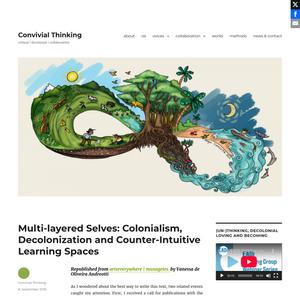
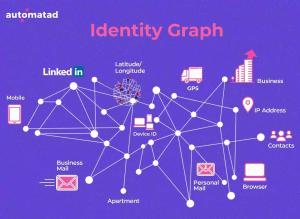
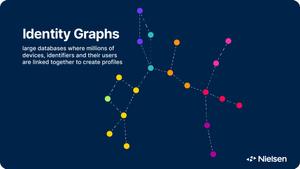
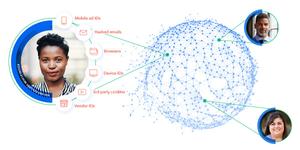
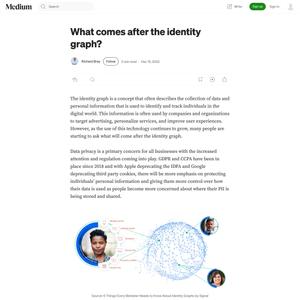
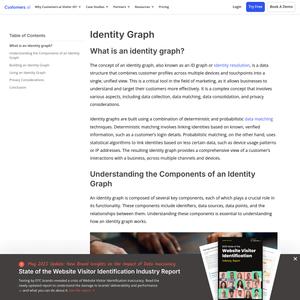
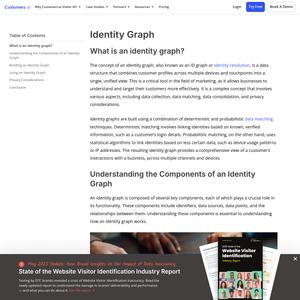


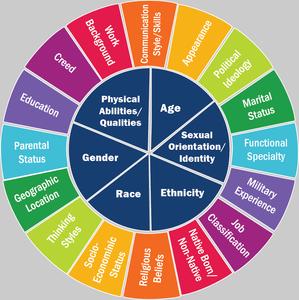

ꙮ
One of the ways we can think about social relativity as it relates to philosophical ideas derived from the findings in quantum theory is the phenomenon of "context collapse" in social media.
On the social "web", spaces like Instagram, Facebook, TikTok, etc., there is a very limited space and opportunity for interaction. Because of this, identity is reduced in order to occupy the space that the environment permits. This reduction happens IRL too, but is pronounced differently and more distinctly in social media.
Context collapse happens, essentially because it's impossible to be or show ones full self in these spaces. In real life, this reduction is the result of the matrix of social "norms" that are enforced in the specific domain. On social, it's all this, plus the additional layer of platform restrictions, limitations on contact format, curated performativity among other things, not least amongst these the fact that the platforms typically are used to commodify ones self,...
12 days ago

